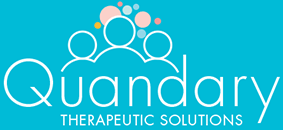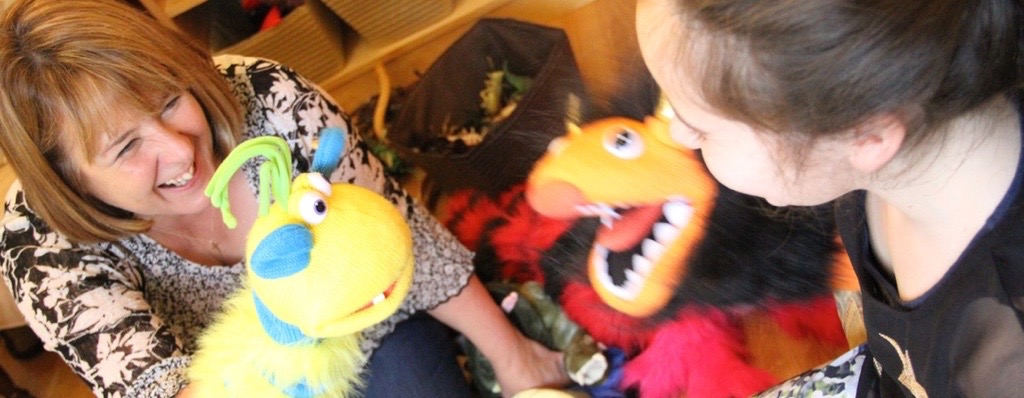What is Play Therapy?
Play is the natural language of children
Children may not be able to speak about their problems but through play, with a therapist alongside, they can work through their issues and difficulties. In a therapeutic environment children will learn to develop coping strategies for difficult situations and they will learn to resolve problems not only from their past but also difficulties they may face in the future.
Child-centred, non-directive play therapy is a deeply respectful, heartfelt and effective form of counselling for children; when talking just won’t work. The Play Therapist enters the world of the child and follows the child’s lead, developing a trusting relationship and creating a safe place for children to explore their difficulties. Through the toys, art materials and carefully selected items in the Play Therapy room children can express their thoughts and feelings, explore relationships and share their experiences.
Play Therapy supports the child’s innate capacity for inner growth, development and healing. It is designed to help children grow up as happy as possible.
What is involved in the sessions?
In working with a child in Play Therapy, parents / carers are an important part of the process. There is an assessment done by the Play Therapist to determine whether Play Therapy is the correct course of intervention. During the process of the Play Therapy, there will be regular contact with the parents/carers by phone and in scheduled meetings (generally at six weekly intervals). The content of the children’s sessions is confidential, and only shared with parents unless the child discloses a danger to himself or herself or someone else. Safeguarding is a priority and any child protection issues will be dealt with immediately.
Who is involved in the sessions?
In working with a child in Play Therapy, parents / carers are an important part of the process. There is an assessment done by the Play Therapist to determine whether Play Therapy is the correct course of intervention. During the process of the Play Therapy, there will be regular contact with the parents/carers by phone and in scheduled meetings (generally at six weekly intervals). The content of the children’s sessions is confidential, and only shared with parents unless the child discloses a danger to himself or herself or someone else. Safeguarding is a priority and any child protection issues will be dealt with immediately.
What is there to play with?
The toys and art/craft in the play therapy room are referred to as the ‘tool kit’ and consist of:
- Sandplay
- Clay
- Arts and crafts
- Puppets and masks
- Dressing up
- Role-play
- Music
- Dance and movement
- Creative visualisation
- Therapeutic stories

